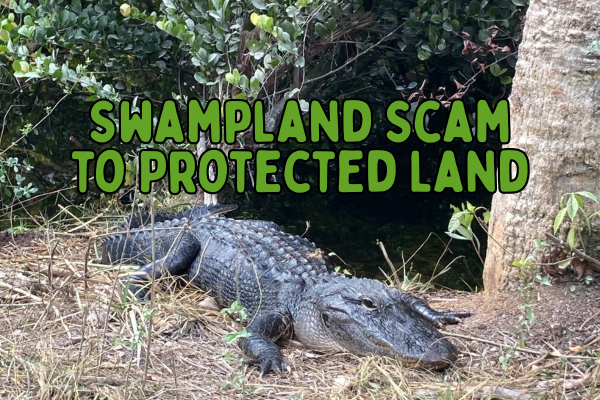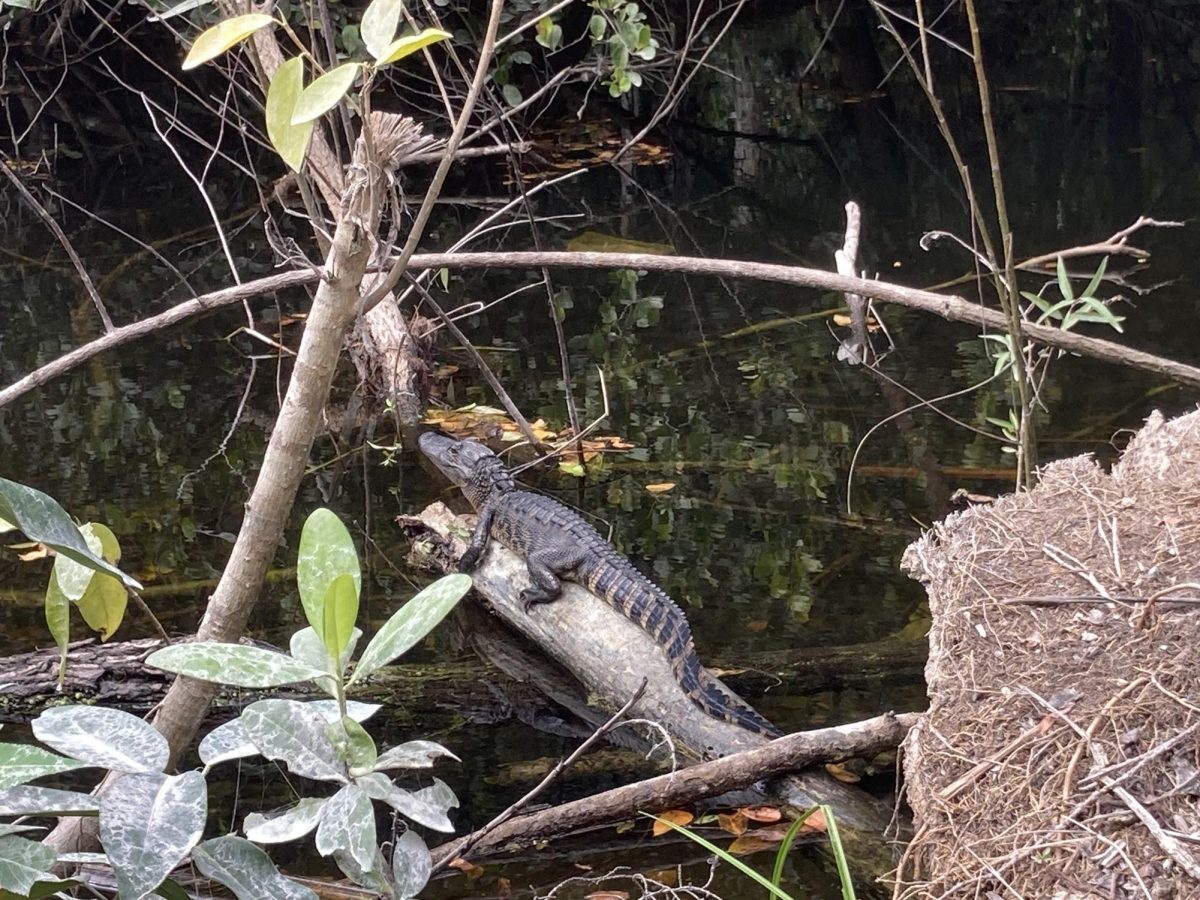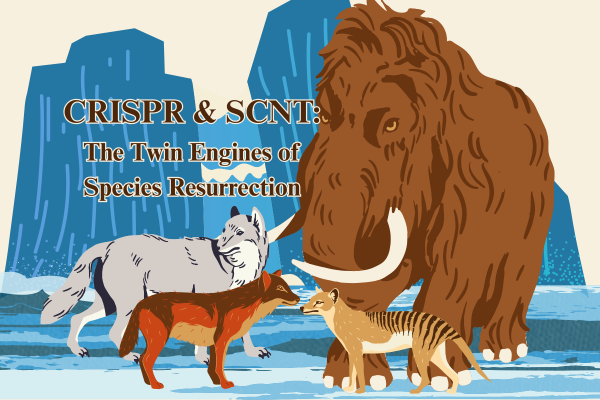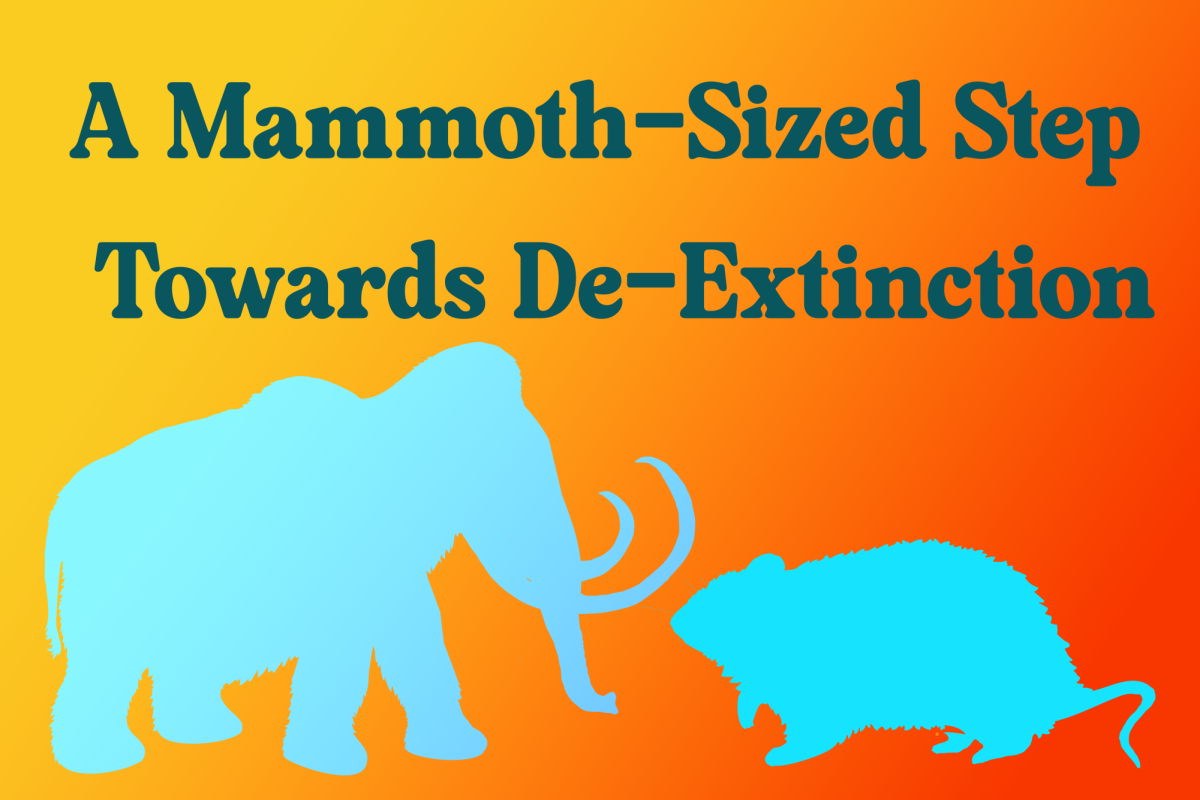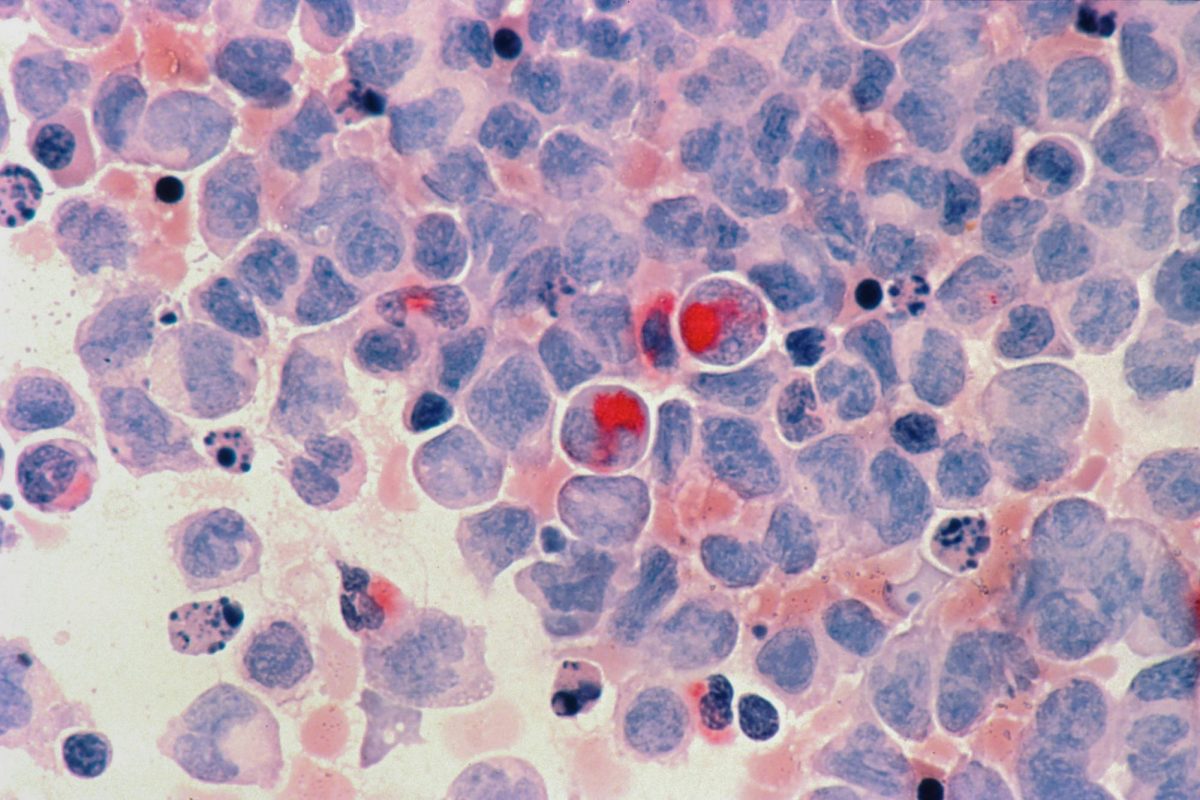Just over half an hour away from Marco Island lies the Picayune Strand State Forest—over 74,000 acres of swamp and hardwood hammock, and one of Florida’s most impressive success stories. It’s hard to believe that it all started with a real estate flop.
A Swampy Scheme
In the 1940s and ’50s, the area was heavily logged for cypress and pine, the two most prevalent types of trees in the area and the basis for the ecosystem. Once the trees were gone, land developers presented a grand plan for the empty swamp: to build the largest subdivision in the world. They carved out miles of canals to drain the land and built a grid network of roads, which all looked great during the winter dry season. In reality, they flooded in the rainy season, and with no access to electricity, the land was essentially unlivable. The project was abandoned; Florida was just too wild to tame.
By the 1970s, it became clear that the abandoned canals were doing some serious damage to the environment. Wetlands were drying out, creating a “domino effect” in the surrounding ecosystems. The push to fix things began in the 1980s, when the state began buying back the land with plans for restoration. In 1995, the area was officially coined the Picayune Strand State Forest, and in 1998, the federal government chipped in an additional $25 million to help complete the land buyback.
The Picayune Strand Restoration Project began in 2007 and continues its work today. Its mission?: fill in canals, thus restoring water flow, and restoring the wetland and hammock ecosystem, eventually returning the land to the way it functioned before human interference.
Nature Making a Comeback
The Picayune Strand State Forest is a mix of sawgrass swamp, pine flatwoods, cypress strands, and hardwood hammocks, each offering the perfect habitat for their unique inhabitants. Home to the elusive Florida panther, the park remains one of the last few natural habitats for the big cat. The forest is also home to the critically endangered red-cockaded woodpecker. Florida black bears, white-tailed deer, coyotes, gopher tortoises, river otters, alligators, and several species of snakes, wood storks, red-shouldered hawks, pileated woodpeckers, and ospreys also make their home in the Strand.
Outdoor Adventures
Picayune offers a chance to get away in an increasingly crowded area. Extensive hiking trails, some following the original roads, network the park, winding through the cypresses. Equestrian trails complete with amenities and campgrounds, as well as paddle craft launches, are also accessible.


